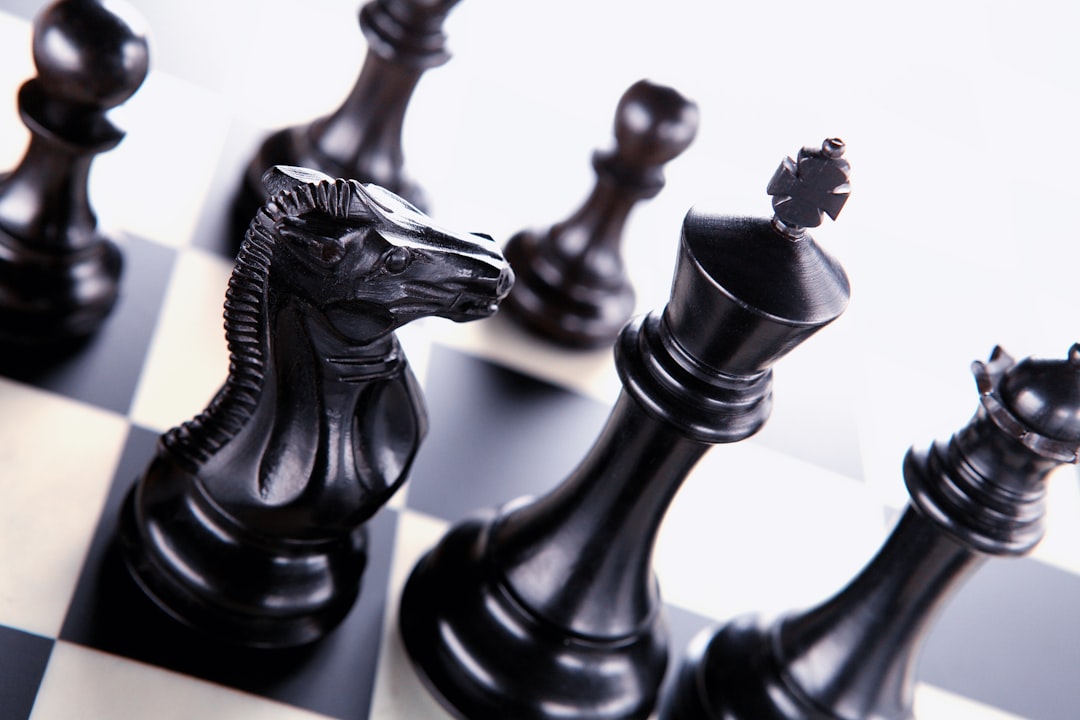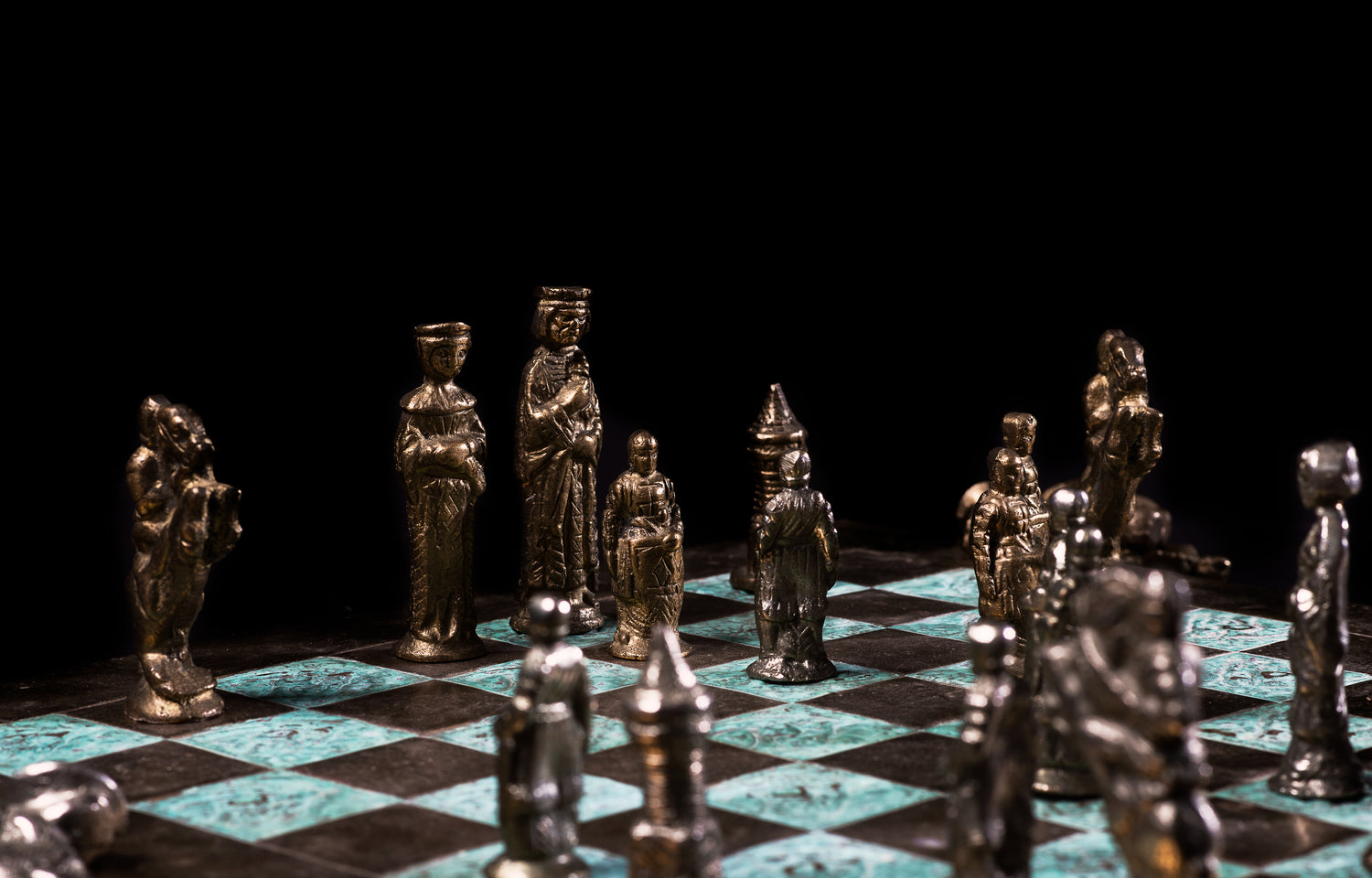Chess, often regarded as a complex and strategic board game, offers numerous cognitive benefits that extend far beyond the chessboard. One of the most significant advantages is its ability to enhance decision-making skills. By engaging in regular chess play, individuals can sharpen their minds, improve problem-solving abilities, and cultivate a strategic mindset that is applicable in various aspects of life. This article explores how chess directly impacts and improves decision-making abilities.
Understanding the Cognitive Demands of Chess
Chess is not merely a game of chance; it is a battle of wits that requires players to think several moves ahead. Each decision made during a game has immediate and far-reaching consequences, demanding a high level of cognitive engagement. The game challenges players to evaluate options, predict outcomes, and adapt strategies in real-time. This constant mental exercise leads to significant improvements in decision-making skills.
Chess as a Training Ground for Decision-Making
Enhanced Analytical Skills
Chess requires players to analyze complex situations, evaluate risks and rewards, and formulate plans based on available information. This analytical process is fundamental to effective decision-making. Players learn to break down complex problems into smaller, manageable components, making it easier to identify optimal solutions.
Improved Strategic Thinking
Strategic thinking is at the heart of chess. Players must develop long-term strategies while also being prepared to adapt to unforeseen circumstances. This adaptability is crucial for making sound decisions in dynamic environments. Chess teaches individuals to think several steps ahead, anticipate potential challenges, and devise contingency plans.
Risk Assessment and Management
Every move in chess involves an element of risk. Players must constantly assess the potential consequences of their actions, weighing the potential gains against the possible losses. This process cultivates a sense of risk awareness and helps individuals become more adept at making informed decisions under pressure.
Pattern Recognition
Chess players develop a keen eye for patterns and recurring themes on the board. This pattern recognition ability is invaluable in decision-making, as it allows individuals to quickly identify familiar situations and apply previously successful strategies. Recognizing patterns can significantly reduce the time needed to make critical decisions.
The Impact of Chess on Real-Life Decision-Making
The cognitive skills honed through chess are transferable to various real-life situations. Whether it's in academics, business, or personal relationships, the ability to think strategically, analyze situations, and assess risks can lead to better outcomes.
Academic Performance
Studies have shown that students who play chess regularly tend to perform better in subjects such as mathematics and science. The analytical and problem-solving skills developed through chess can enhance academic performance across the board. Improved concentration and focus also contribute to better learning outcomes.
Professional Success
In the professional world, effective decision-making is a key ingredient for success. Chess helps individuals develop the ability to think critically, evaluate options, and make informed choices under pressure. These skills are highly valued in leadership roles and can lead to career advancement.
Personal Development
Beyond academics and career, chess can also contribute to personal development. The game teaches valuable life lessons such as patience, perseverance, and resilience. Learning to accept defeat gracefully and bounce back from setbacks are essential skills that can help individuals navigate the challenges of life.
Integrating Chess into Education and Daily Life
Given the numerous benefits of chess, it is worth considering integrating the game into educational programs and daily life. Schools can incorporate chess into their curriculum to enhance students' cognitive development. Parents can encourage their children to learn and play chess as a fun and engaging way to improve their decision-making skills.
Chess Clubs and Tournaments
Joining a chess club or participating in tournaments can provide opportunities for individuals to hone their skills and compete against other players. These experiences can be both challenging and rewarding, pushing players to improve their decision-making abilities.
Online Chess Platforms
With the advent of technology, it is now easier than ever to access chess resources and play against opponents from around the world. Online chess platforms offer a convenient way to learn the game, practice strategies, and improve decision-making skills from the comfort of your own home.
Conclusion
Chess is more than just a game; it is a powerful tool for enhancing decision-making skills. By engaging in regular chess play, individuals can sharpen their minds, improve problem-solving abilities, and cultivate a strategic mindset that is applicable in various aspects of life. Whether you are a student, a professional, or simply someone looking to improve your cognitive abilities, chess offers a fun and effective way to unlock your full potential. So, pick up a chessboard and start your journey towards becoming a better thinker and decision-maker today.

